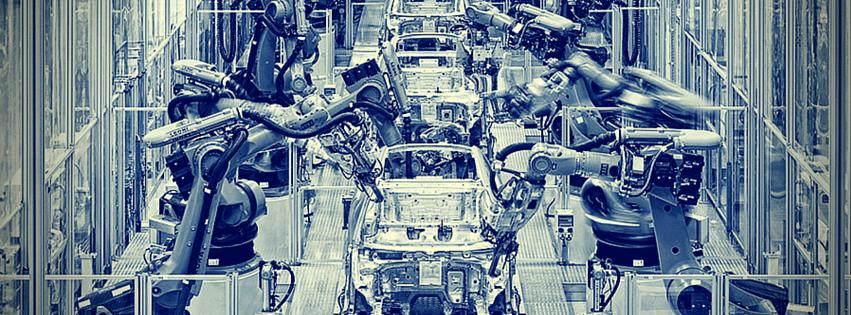
How many times have you heard tales of automation and job loss? How fervently have these harbingers announced the arrival of robot-run industries? The International Federation of Robotics recently projected that about 1.3 million industrial robots will be put into operation within the next couple years. From experts to laymen, automation is too tempting and unsettling a topic to ignore.
And yet, one of the world’s biggest automobile manufacturers is flipping this trend by replacing robots with human beings. According to Bloomberg, Mercedes-Benz’s move towards vehicle customization has lead them to rethink the role of unmanned machines in their factories. “Robots can’t deal with the degree of individualization and the many variants that we have today,” Markus Schaefer – who heads Mercedes’s production – told Bloomberg. “We’re saving money and safeguarding our future by employing more people.” Schaefer has a tall task ahead of him, with his want to decrease production hours from 61 in 2005 to just 30 moving forward.
Cars like the Mercedes’s S-Class sedan offers buyers options like carbon-fiber trim, temperature controlled cupholders, and various caps for tire valves. The number of options may be overwhelming for some buyers – and they’re also too complex for factory robots to process and install efficiently. Robots may be highly adept at performing programmed tasks but the need for versatile leaves them at a loss. Bloomberg points out how, just in the past 15 years, the number of car models has more than doubled for luxury car makers like Mercedes, BMW, and Audi.

With robots replaced by skilled human workers, Mercedes is able to rearrange their production line to build a new vehicle in just a few days. It would take weeks to accomplish this same task with robots, who’s defined functions would need to be reprogrammed. “The variety is too much to take on for the machines, Schaefer told Bloomberg, “They can’t work with all the different options and keep pace with changes.”
To be sure, Mercedes doesn’t intend to sack robots entirely. Instead, they plan on implementing what they call “robot farming” – which is much less malicious than it sounds. Rather than using massive robots to perform a myriad of tasks, the manufacturer will equip their human workers with more mobile, more compact, and more flexible robots. In an immediate example, Mercedes plans to replace two of its larger, immobile robots with one lighter, mobile one or an actual human worker. They hope this degree of flexibility will help streamline installation of their new E-Class’s head-up display, which use be installed directly onto the car’s windshield. “We’re moving away from trying to maximize automation with people taking a bigger part in the industrial processes again,” Schaefer says. “We need to be more flexible.”
Image credit: Siemens







